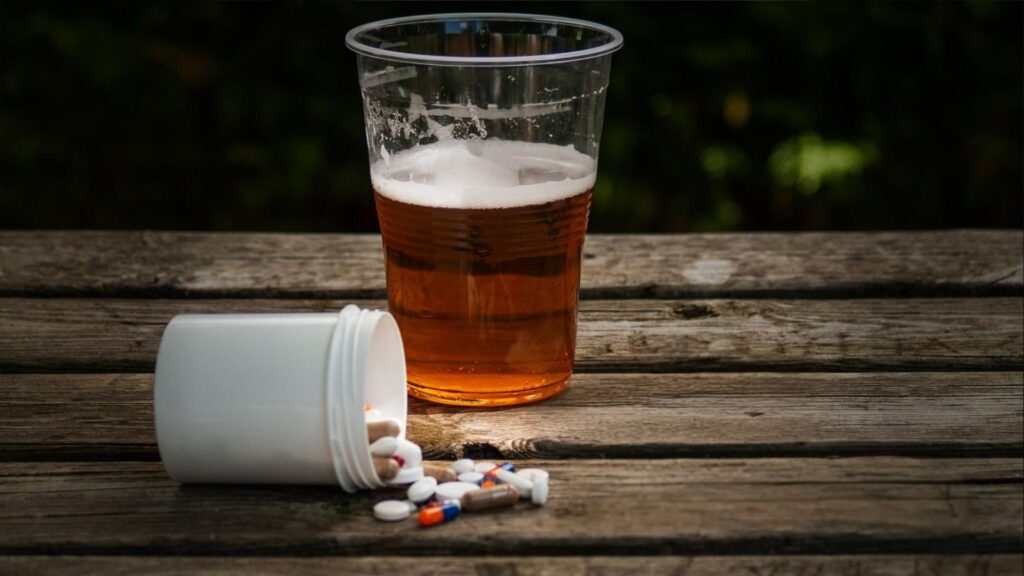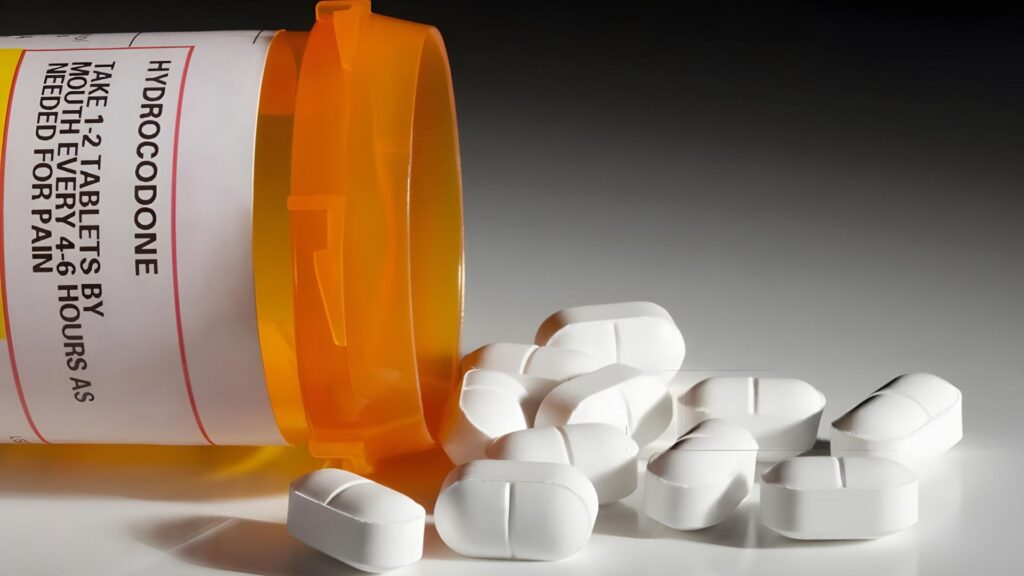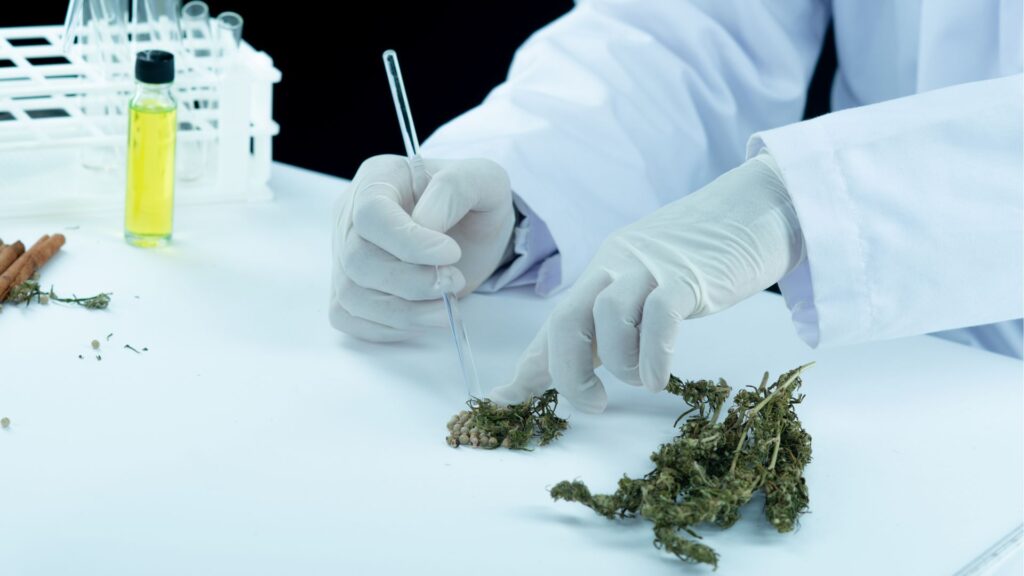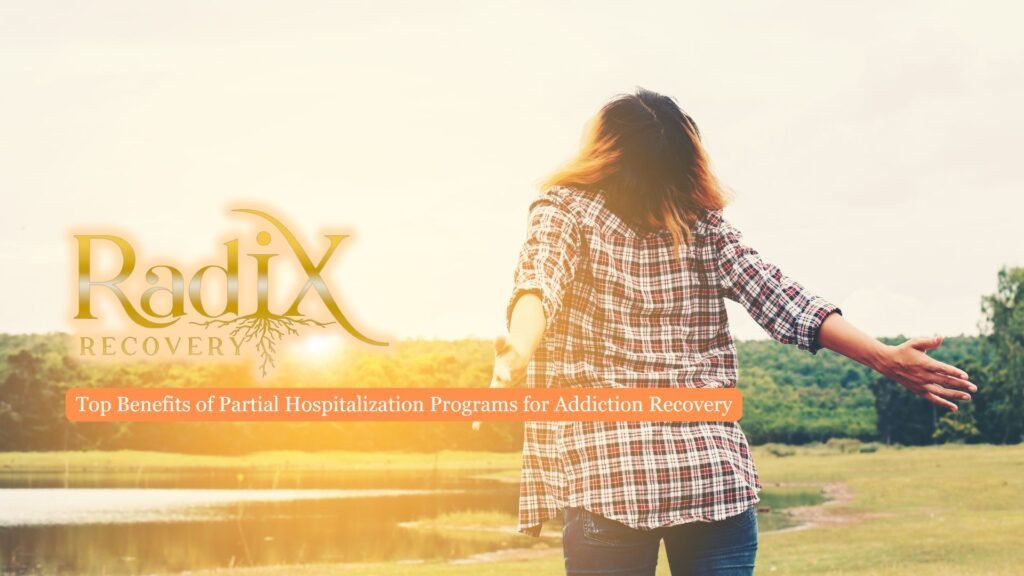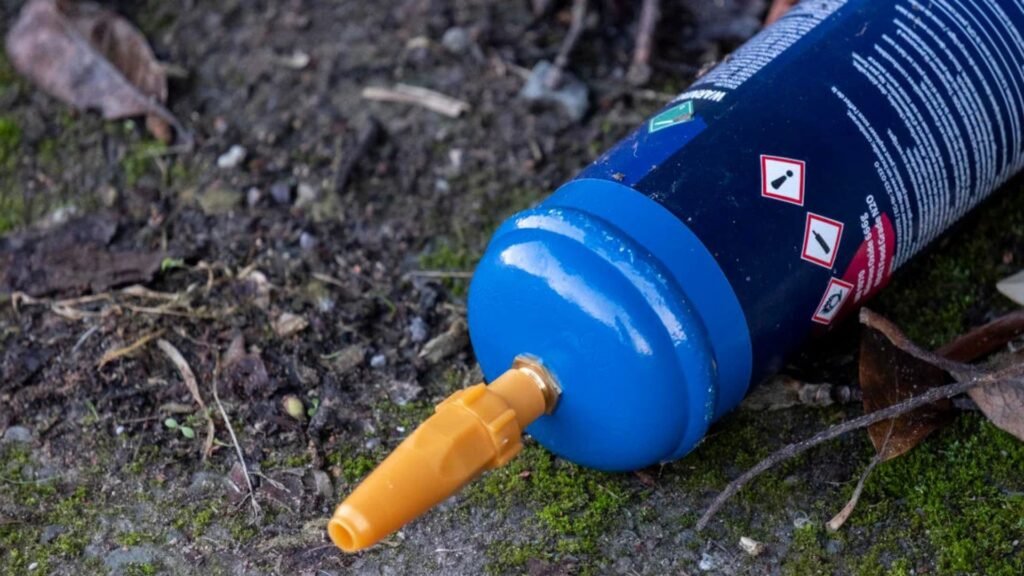The transition from supervised addiction treatment care to everyday life comes with challenges, making aftercare planning essential for maintaining sobriety. A well-structured aftercare plan helps prevent relapse, provides ongoing support, and reinforces the coping skills learned in treatment. Whether you are in recovery, supporting a loved one, or guiding a client, understanding how to build an effective aftercare plan is key to long-term success.

Understanding the Importance of Aftercare
Recovery is a lifelong process that requires continuous effort. Aftercare ensures that individuals leaving treatment have the tools and support needed to navigate triggers, stress, and daily responsibilities without falling back into substance use. Without an aftercare plan, the risk of relapse increases, especially during the first few months after rehab.
Aftercare provides stability by reinforcing healthy routines and coping mechanisms. It connects individuals with ongoing therapy, peer support groups, and lifestyle changes that promote a substance-free life. The goal of an aftercare plan is to create an environment where people in recovery can thrive while reducing exposure to high-risk situations.
Check out how the addiction specialists at Radix Recovery can help you develop an aftercare plan and receive continuing care all while attending our outpatient treatment center.
Key Components of an Effective Aftercare Plan
Continuing Therapy and Counseling
Therapy remains a vital part of aftercare, even after completing rehab. Regular counseling sessions help address underlying emotional challenges, reinforce relapse prevention techniques, and provide a safe space to discuss recovery struggles. Individual therapy focuses on personal triggers and coping strategies, while group therapy fosters peer support and shared experiences.
Participating in Support Groups
Engaging in recovery communities such as Alcoholics Anonymous (AA), Narcotics Anonymous (NA), or other peer-led groups provides accountability and encouragement. These groups offer a structured environment where individuals can share progress, seek advice, and stay committed to sobriety. Support groups help reduce isolation, which is a common relapse trigger.
Building a Sober Living Environment
A stable, substance-free living environment plays a critical role in maintaining sobriety. For some, this means returning to a supportive home, while others may benefit from sober living facilities. A safe and structured environment minimizes exposure to triggers and reinforces healthy habits.
Check out our article on the five stages of addiction recovery here.
Developing Healthy Routines and Coping Strategies
The following strategies provide practical ways to create structure, handle stress, and navigate high-risk situations effectively.
Create a Daily Structure
Maintaining a consistent routine helps create stability in recovery. A daily schedule that includes work, hobbies, exercise, and social activities reduces idle time and prevents boredom, which can lead to cravings. Structure provides a sense of purpose and direction.
Practicing Stress Management Techniques
Stress is a common trigger for relapse, making stress management a crucial part of aftercare. Techniques such as mindfulness, meditation, deep breathing, and physical exercise help regulate emotions and promote overall well-being. Identifying healthy ways to cope with stress reduces the likelihood of turning to substances for relief.
Avoiding High-Risk Situations
Recognizing and avoiding triggers is essential for relapse prevention. This may involve distancing from individuals who enable substance use, steering clear of certain social settings, or developing alternative activities that support sobriety. If unavoidable situations arise, having a plan in place ensures individuals can navigate them safely.
Strengthening Support Systems
Involving Family and Loved Ones
Family members and close friends play a significant role in substance use disorder recovery. Open communication, setting boundaries, and involving loved ones in the aftercare process create a reliable support network. Family therapy can be beneficial in rebuilding relationships and addressing past issues that may contribute to relapse.
Working with a Recovery Coach or Mentor
A recovery coach or mentor provides guidance and accountability throughout the aftercare process. These professionals help individuals navigate challenges, set recovery goals, and stay motivated. Having someone to turn to for advice and encouragement strengthens long-term commitment to sobriety.

Exploring Professional and Community Resources
Utilizing Outpatient Treatment Programs
For those who need continued support after rehab, outpatient treatment programs offer structured therapy sessions without requiring full-time facility stays. These programs provide ongoing counseling, relapse prevention education, and medication-assisted treatment if necessary.
Read more about the different types of outpatient programs for addiction recovery.
Accessing Employment and Educational Support
A successful aftercare plan includes career and educational goals. Many individuals in recovery seek job training, employment assistance, or further education to rebuild their lives. Community organizations and rehab centers often provide resources to help individuals reintegrate into the workforce.
Monitoring Progress and Adjusting the Plan
Sustained recovery is an evolving process that requires self-reflection. Individuals should regularly assess their progress, identify challenges, and adjust their aftercare plan as needed. Keeping a recovery journal or working with a counselor can help track personal growth and setbacks.
Recognizing warning signs of relapse early, seeking additional support, and re-engaging in substance abuse treatment if necessary can prevent a full return to substance abuse. Having a relapse prevention plan in place provides confidence in handling setbacks.
Final thoughts from Radix Recovery
At Radix Recovery, we provide comprehensive aftercare support through outpatient programs, therapy, and relapse prevention strategies. Our Partial Hospitalization Program (PHP) and Intensive Outpatient Program (IOP) offer structured care, while our counseling services help individuals maintain progress. With a compassionate team and evidence-based treatment, we ensure long-term recovery.










